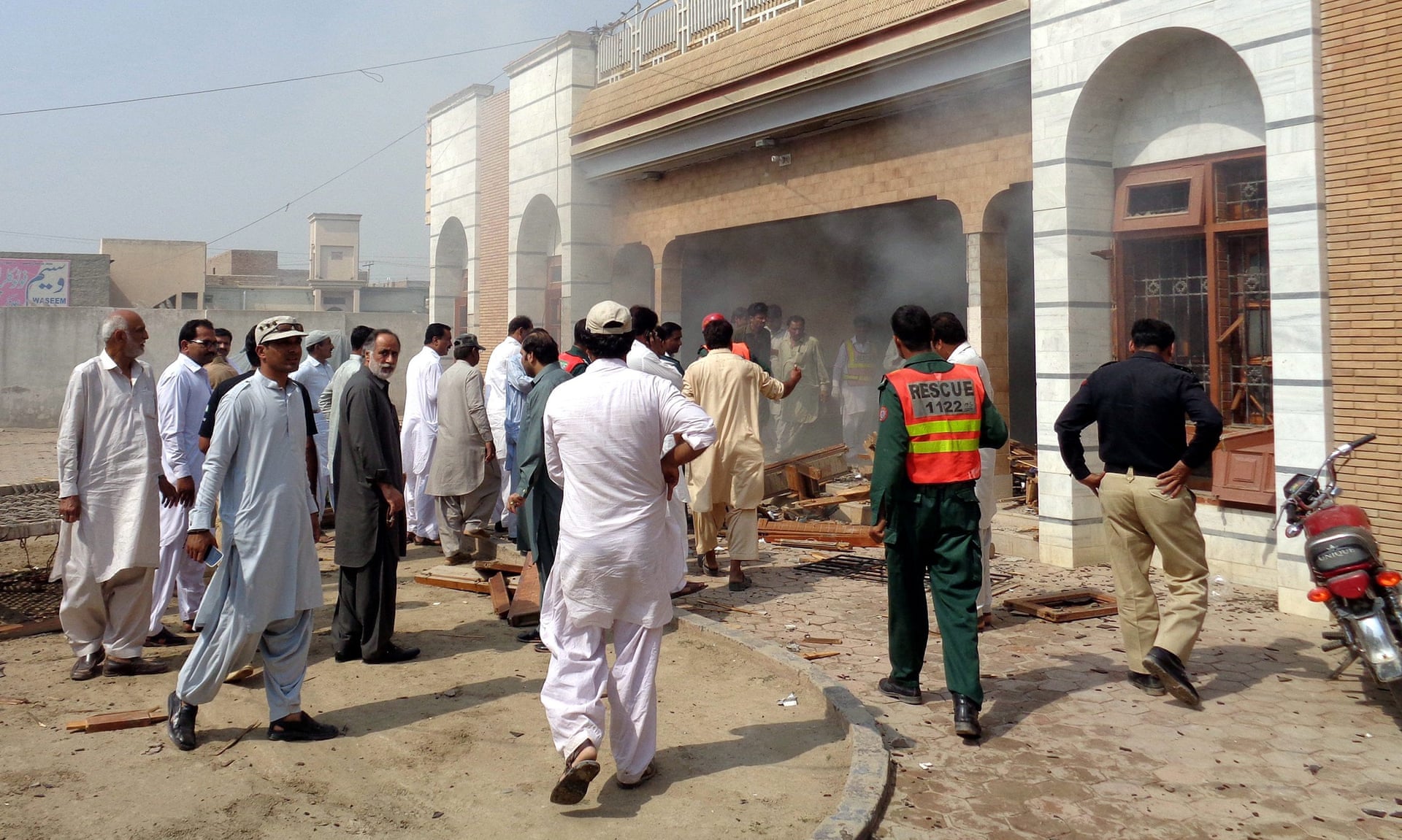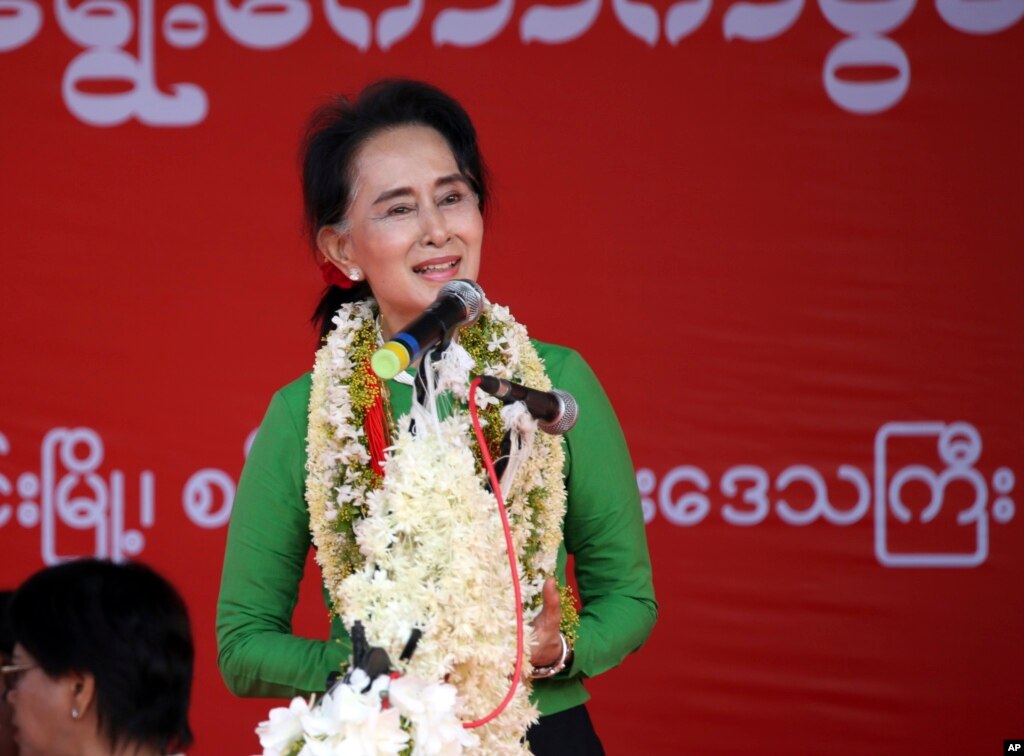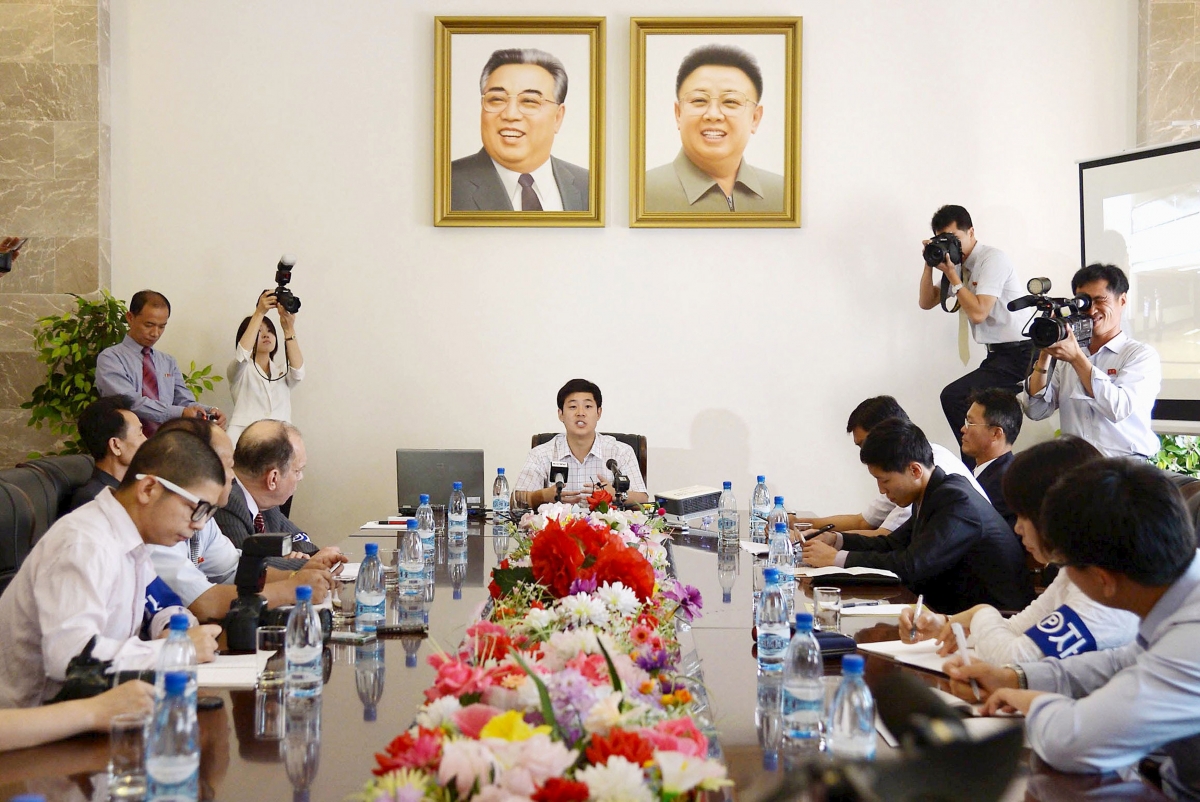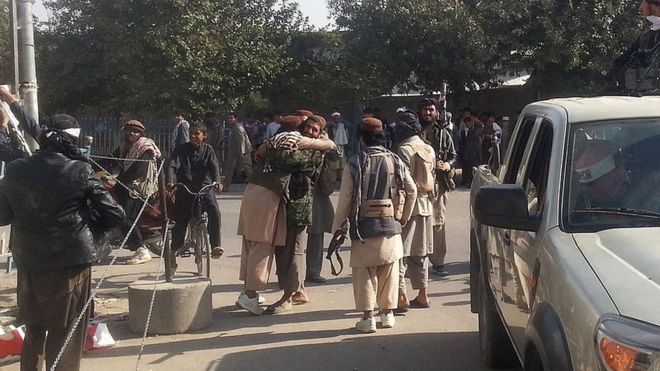By Christine Khamis
Impunity Watch Reporter, Asia
ISLAMABAD, Pakistan –
At least seven people were killed in a suicide bombing on Wednesday in the Dera Ghazi Khan district of Punjab Province in Pakistan. Several other people were wounded in the attack.
The bombing was carried out at the office of lawmaker Sardar Amjad Farooq Khan Khosa, who leads the Pakistan Muslim League-Nawaz political party. Mr. Khosa was in Islamabad at the time of the bombing, but some of his junior officials and supporters were meeting at his office and were killed.

Police believe that a suicide bomber approached Mr. Khosa’s office on foot, but witnesses have reported that two attackers drove into his office on motorcycles and detonated the bomb.
While the motive for the attack remains unclear, authorities believe that the attack was carried out by the Pakistani Taliban because they have previously taken credit for similar attacks. District Police Chief Ghulam Mubashir Maken stated that the attack could have been made in retaliation for the recent killing of Malik Ishaq, a former leader of anti-Shiite militant group Lashkar-e-Jhangvi. Mr. Ishaq was killed by Pakistani security forces in July.
Mr. Khosa told the New York Times that he did not know what the motive behind the bombing could be and that he had not received any threats from militant groups. He also stated that he had no disputes with anyone. Mr. Khosa has condemned the attack and has stated that while many of his close political workers were killed during the bombing, he and his party will not abandon their battle against terrorism.
Last year, Pakistan began a campaign against the Pakistani Taliban and other terrorist groups. Overall, while the campaign has been successful in decreasing violence in Pakistan, there have still been attacks such as the killing of Punjab’s home minister, Shuja Khanzada, earlier this year. Mr. Khanzada was meeting with people in his constituency office in Punjab when he and seventeen others were killed by a suicide bomber.
The bombing comes at the start of Muharram, a holy month in the Islamic calendar which has been marked by terrorist attacks in years past. In the past decade, tens of thousands of people in Pakistan have been killed in attacks initiated by local and al-Qaida-linked foreign Islamic militant groups.
For more information, please see:
The Guardian – Seven Killed in Suspected Suicide Bombing at Pakistan MP’s Office – 14 October 2015
Khaleej Times – Bomb Blast Targeting Lawmaker Kills 7 in Pakistan – October 14 2015
Newsweek Pakistan – Bomb Kills Five in Taunsa – 14 October 2015
The New York Times – Suicide Attack at Lawmaker’s Office in Pakistan Kills at Least 7 – 14 October 2015
Pakistan Today – Blast at MNA’s political office in DG Khan, Seven Killed, Several Wounded – 14 October 2015
U.S. News and World Report – Police: Suicide Bombing Targeting Ruling Party Lawmaker Kills 7 in Central Pakistan – 14 October 2015




